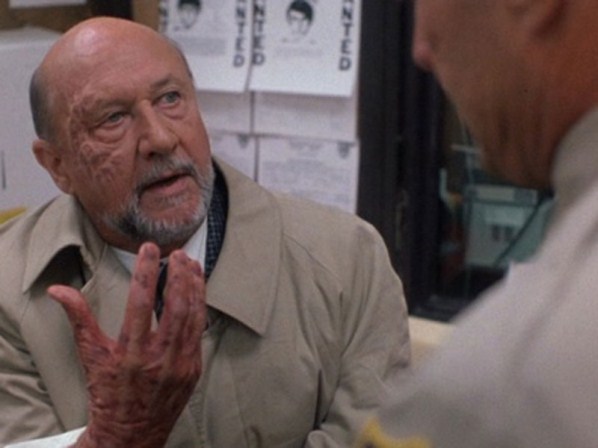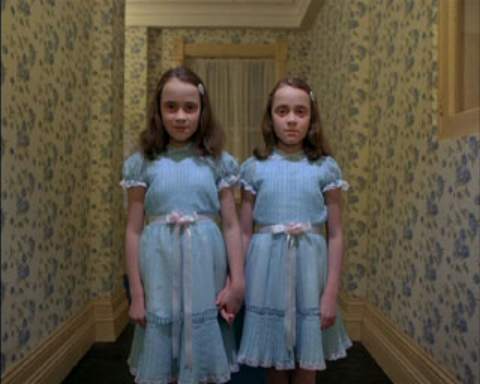Here’s what I watched and read…
MOVIES
Eyes Wide Shut (1999), directed by Stanley Kubrick. The Criterion Blu-ray looks amazing. I love this film so much and think it’s one of Kubrick’s most personal films. The second disc has lots of extras. I really enjoyed hearing Larry Smith, the DP, talk about how he lit the film. The interview with Lisa Leone is great as well.
American Psycho (2000), directed by Mary Harron, is a funny and disturbing film about Patrick Bateman (Christian Bale), a yuppie who works on Wall Street and also happens to be a serial killer. I love the ambiguity of Bateman’s character. We never know for sure whether he imagines the violence he inflicts on his victims or if it’s real. There are clues to this throughout the film, but no clear answers. A cult classic.
Megadoc (2025), directed by Mike Figgis, is a documentary about the making of Francis Ford Coppola’s Megalopolis. The documentary follows the film’s entire production. I would have loved to see how Coppola edited the film and how it was released into theaters, but that’s not what the documentary is about. Still, I very much enjoyed it. Megalopolis, on the other hand, is kind of a mess that I nonetheless somewhat enjoyed. Who knows? Maybe we’ll view it differently in twenty years.
Maggie’s Plan (2015), directed by Rebecca Miller, is a romantic comedy with some funny moments. The casting is strong, although most of the characters are unlikable. It was also cool to see Žižek referenced, though I highly doubt that Ethan Hawke’s character loves Žižek’s books.
TV
I finished the fifth season of Slow Horses and thought it was outstanding. It might be one of my favorite seasons. The unfortunate thing is that now I have to wait until next year for season six.
I very much enjoyed Welcome to Derry. At first, I thought Pennywise would lose its scare factor, but it didn’t. The writers came up with many clever ideas that build on and complement King’s novel while still creating scary moments.
The Beast in Me. I’m really enjoying this so far. The setup is great. The chemistry between Claire Danes and Matthew Rhys is really good. I can’t wait to watch more episodes.
BOOKS
I am currently reading Slavoj Žižek’s Surplus Enjoyment, which has been excellent so far. I’m also halfway through Cameron Crowe’s The Uncool, which I am immensely enjoying.
















